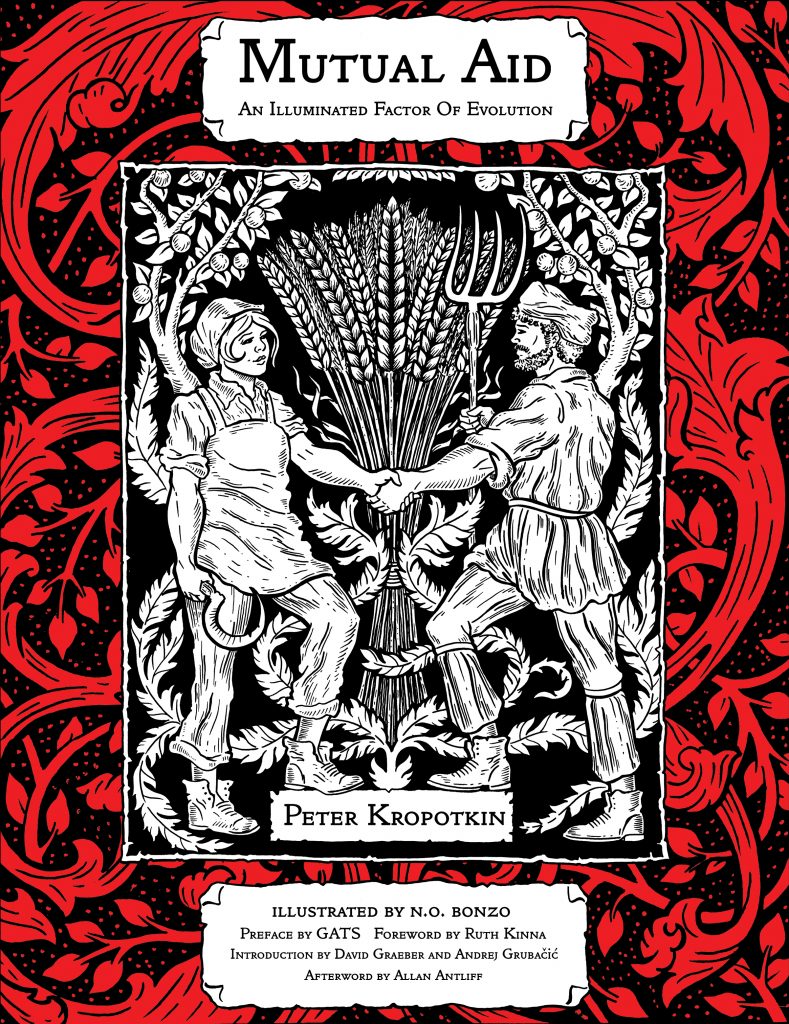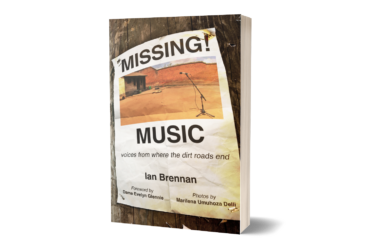By Sasha Lilley
Against the Grain
November 15th & 16th, 2021
Egalitarianism is a thing of our distant past, or so we learn from conventional history. After a long stretch as hunter-gatherers roaming in small bands, our societies became bigger and more complex. And as they became larger, and cities emerged, hierarchy was inevitable in the form of kings, priests, and bureaucrats. The late anthropologist and anarchist David Graeber and the archeologist David Wengrow, however, argue that’s all wrong. In a more hopeful reading of the past, they contend that small-scale societies have often been hierarchical and large-scale societies more egalitarian.
Open any world history book and you’ll read that the Neolithic Revolution was a turning point for humanity, when hunter gatherers gave up roving in small egalitarian groups and settled down to farm. Out of that, civilization was born, with all the benefits and ills connected to it: the rise of cities, the emergence of the state, inequality, and class society. But, according to the late anthropologist David Graeber, that tale is not based on fact. In one of the only interviews that Graeber gave about what was to be titled “The Dawn of Everything,” he interrogated this chronicle of paradise lost.








